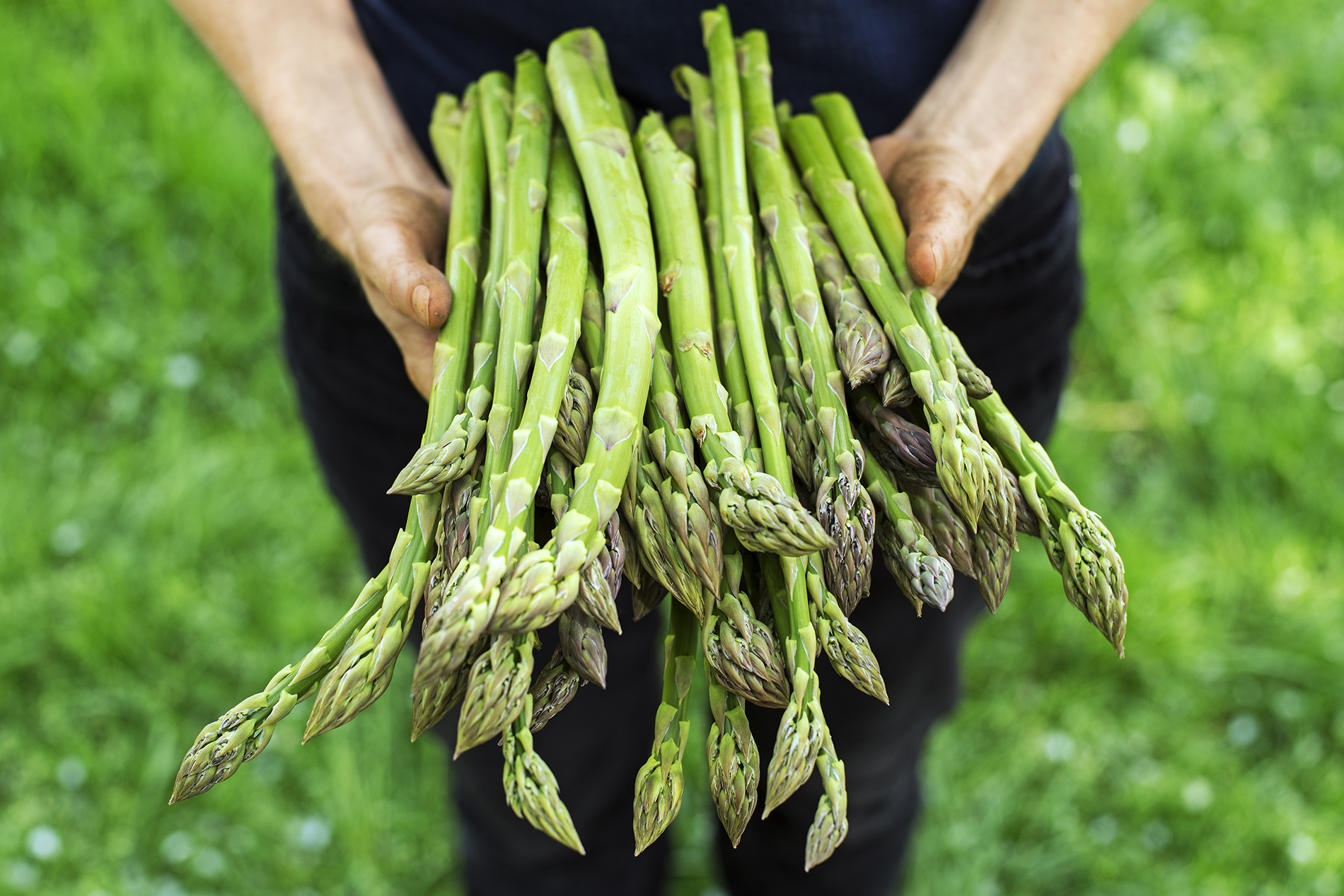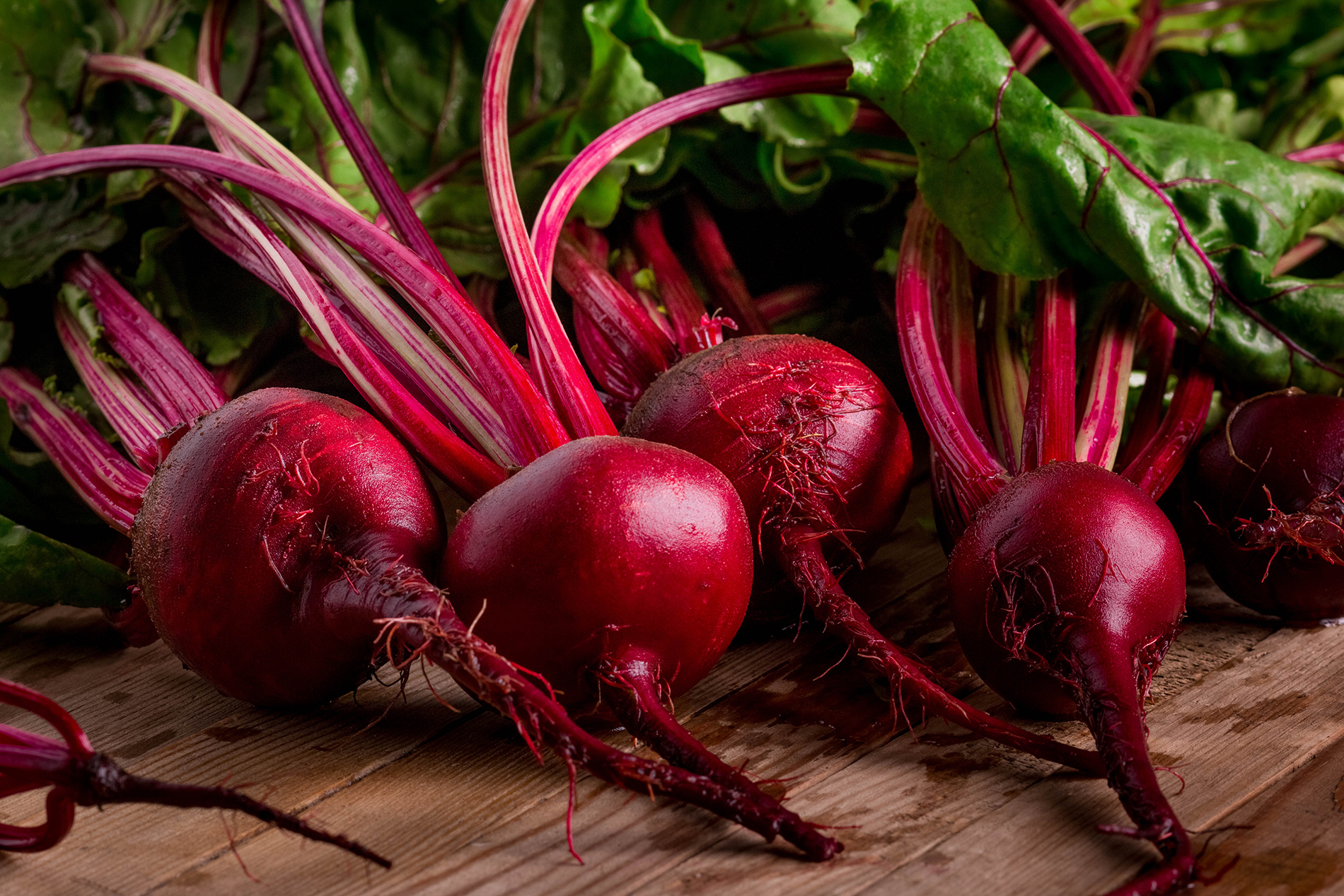Whether grilled, steamed, roasted or added to your favorite dishes, asparagus provides a wealth of benefits that can contribute to a balanced and nutritious diet.
Health Benefits
Nutrient-Rich: Asparagus is loaded with essential vitamins and minerals, including vitamins A, C, E, K and B6, as well as folate, iron, copper, calcium, protein and fiber.
Antioxidants: Asparagus has a variety of antioxidants such as flavonoids and polyphenols, which help combat harmful free radicals and may reduce the risk of chronic diseases.
Heart Health: The high levels of fiber, folate and vitamins in asparagus can help to reduce the risk of heart disease. Folate, specifically, is essential for a healthy cardiovascular system.
Digestive Health: Asparagus is a good source of dietary fiber, which keeps the digestive system running smoothly, prevents constipation and promotes regularity.
Diuretic Effects: Asparagus contains high levels of the amino acid asparagine. It serves as a natural diuretic, helping to flush excess fluid and salt from the body, which may help people with high blood pressure or other heart-related diseases.
Weight Management: Low in calories and high in water content, asparagus can be a great addition to any weight-loss diet. The fiber content also helps keep you feeling full, reducing the tendency to overeat.
Blood Sugar Regulation: Asparagus has been shown to have anti-diabetic properties to help improve insulin secretion and beta-cell function, which can help regulate blood sugar levels.
Anti-Inflammatory Properties: Chronic inflammation can lead to various health issues, but the anti-inflammatory nutrients found in asparagus can help to reduce this risk.
Bone Health: Being rich in vitamin K, asparagus supports bone health by improving calcium absorption and reducing urinary excretion of calcium.
Pregnancy Health: The high folate content in asparagus is crucial for pregnant women as it can help reduce the risk of neural tube defects during pregnancy.
Baked Chicken with Asparagus Succotash

Ingredients
- 2 chicken breasts (6 oz each), marinated in your choice of seasoning
- 1 bunch of asparagus, trimmed and cut into bite-size pieces
- 1 red bell pepper, diced
- 1 c corn kernels (fresh or frozen and thawed)
- Olive oil
- Salt and pepper to taste
Directions
- Preheat oven to 375°F. Place the marinated chicken breasts on a baking tray lined with parchment paper.
- Bake the chicken for 25 to 30 minutes or until the internal temperature reaches 165°F.
- While the chicken bakes, bring a pot of salted water to a boil. Blanch the asparagus pieces for 2 to 3 minutes, then immediately transfer them to a bowl of ice water to stop the cooking process. Drain well.
- In a large bowl, combine the blanched asparagus, diced red bell pepper and corn kernels. Drizzle with olive oil, and season with salt and pepper. Toss to combine.
- Once the chicken has cooked, allow it to rest for a few minutes, then slice, if desired.
- Top the chicken breast with a generous portion of asparagus succotash and serve.
Serves 2, Nutrition per serving: calories: 400-500; protein: 35-40g; fat: 15-20g; carbohydrates: 30-40g; fiber: 5-8g






Leave a comment